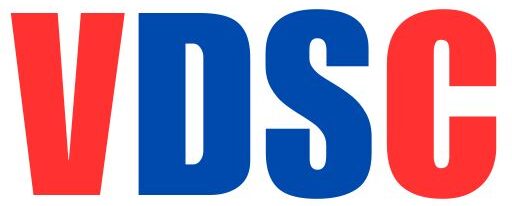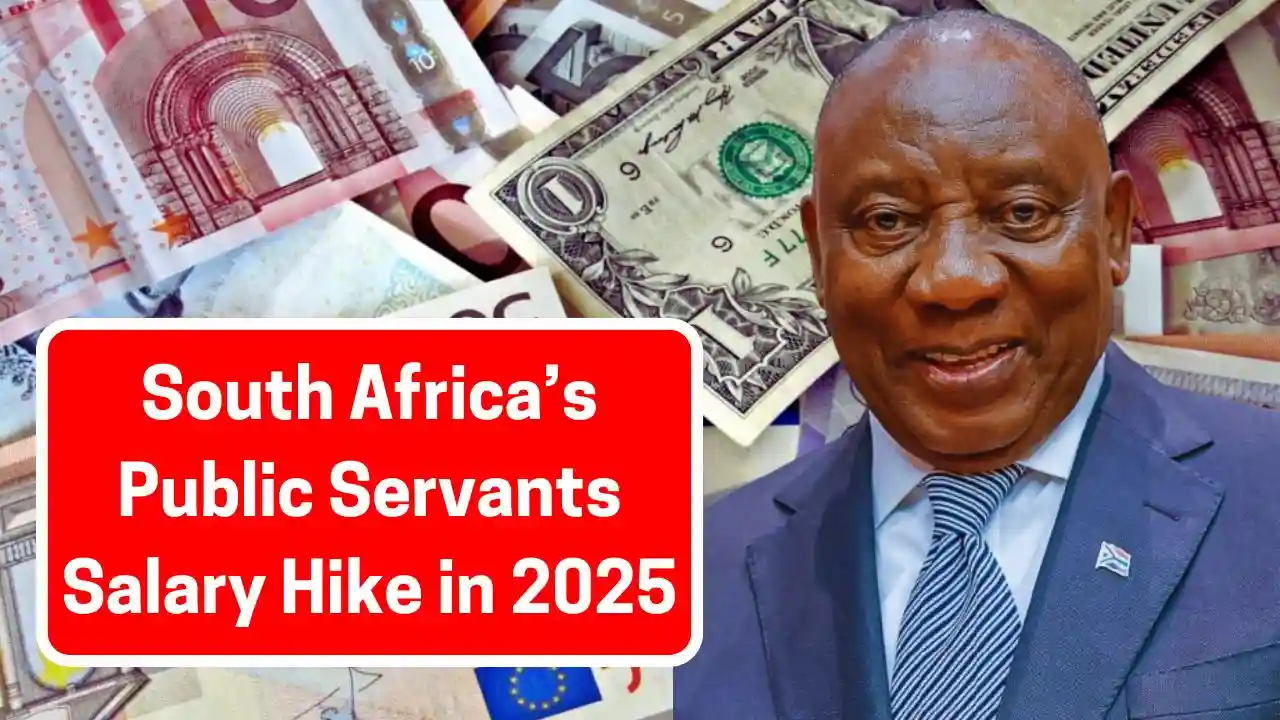Public servants’ salary increase remains a point of discussion in South Africa in the lead-up to probable reconsideration in 2025 for the potential major implications molded by finance if changes were to be set in their remuneration. Government workers form a significant part of the workforce and therefore any changes concerning their payment have greater implications on national income and social life. This article was designed to touch on issues related to an increase in salary for public servants by the year 2025, the key considerations, and what South Africans should know.
The Background of Public Servants’ Salaries in South Africa
Public servants in South Africa include educators, healthcare workers, law enforcement officers, and all other government employees who serve the nation in service delivery. That officially takes in collective bargaining processes which government and labor unions run, primarily under the Public Service Coordinating Bargaining Council (PSCBC).
Over the years, salary adjustments have often started a heated debate, unions calling for larger increases to cope with the augmented cost of living and wage inflation, while the counterargument from the government is on tight national budgets and struggling economies.
Predicted Outcome of the 2025 Salary Hike
By the time 2025 happens, there could shield itself off to a reasonably unlikely degree, from the wage hike clouds. The forecast puts the expected salary increment at about inflation rates that stand at around 5%-7%. Such a rise is calculated to maintain the public servants’ purchasing power by providing for the inflation-adjusted costs.
The union has reported holding rallies against the proposed increase, suggesting the hitherto stagnancy in wage increments and increasing hardship on members. It is being suggested that the package might be conditioned to other benefits such as housing allowance or transport to supplement the basic settings.
Challenges of the implementation of such wage hikes
For all of the reasons why a salary adjustment needs to take place, implementation of such a public servants’ wage hike in 2025 is not going to be simple. The South African economy must remain fraught with slow GDP growth, combined with high unemployment rates and the resultant fiscal constraints.
Tensions are building over the escalating wage bill in the public sector, which accounts for a sizeable fraction of national expenditure. Negotiations will have to strike a balance between providing for employee needs while sustaining some fiscal discipline.
At the same time, each side might meet an open confrontation or work stoppages, particularly if the government and unions fail to find common ground on the salary adjustment.
Effects of such wage hikes upon the economy
One of the positive implications that could flow from the wage hike for public servants in 2025 in South Africa includes lifting consumer demand, subsequently boosting the local economy. It stands to reason that higher disposable incomes will lead to more redundant spending by public servants on goods and services. This will undoubtedly bring businesses awake further hence escalating economic growth.
In contrast, a substantial jump in the public wage bill would strain the nation’s finances-for instance cycle more taxes or a reduction in expenditure on critical infrastructure and social programs. The challenge will be how one can strike a balance supporting employees without rocking the nation’s financial stability.
What Public Servants Should Expect
Public servants in South Africa ought to keep an eye on what will transpire during the negotiations phase, and they must keep themselves informed of the situation by working along with their respective unions on updates about it. An increase seems quite probable for 2025, the extent of which will depend on the announced outcomes of the collective bargaining processes and the fiscal position of the government.
Public servants must monitor additional elements of their remuneration related to the presence or otherwise of policy on which to justify performance-based incentives, for instance, which could combine to provide an invaluable augment to the total compensation package.
Conclusion
The idea of a public servants’ salary hike in 2025 is one of particular contrast for South Africans. The argument for a need for compensating public workers fairly must be clear by all: while obstacles like fiscal limitations and economic uncertainty might curb the magnitude of the increase. Knowing all the issues in play, public servants could take up their voices for welfare in a symbiotic way toward a well-thought-out and sustainable resolution.

